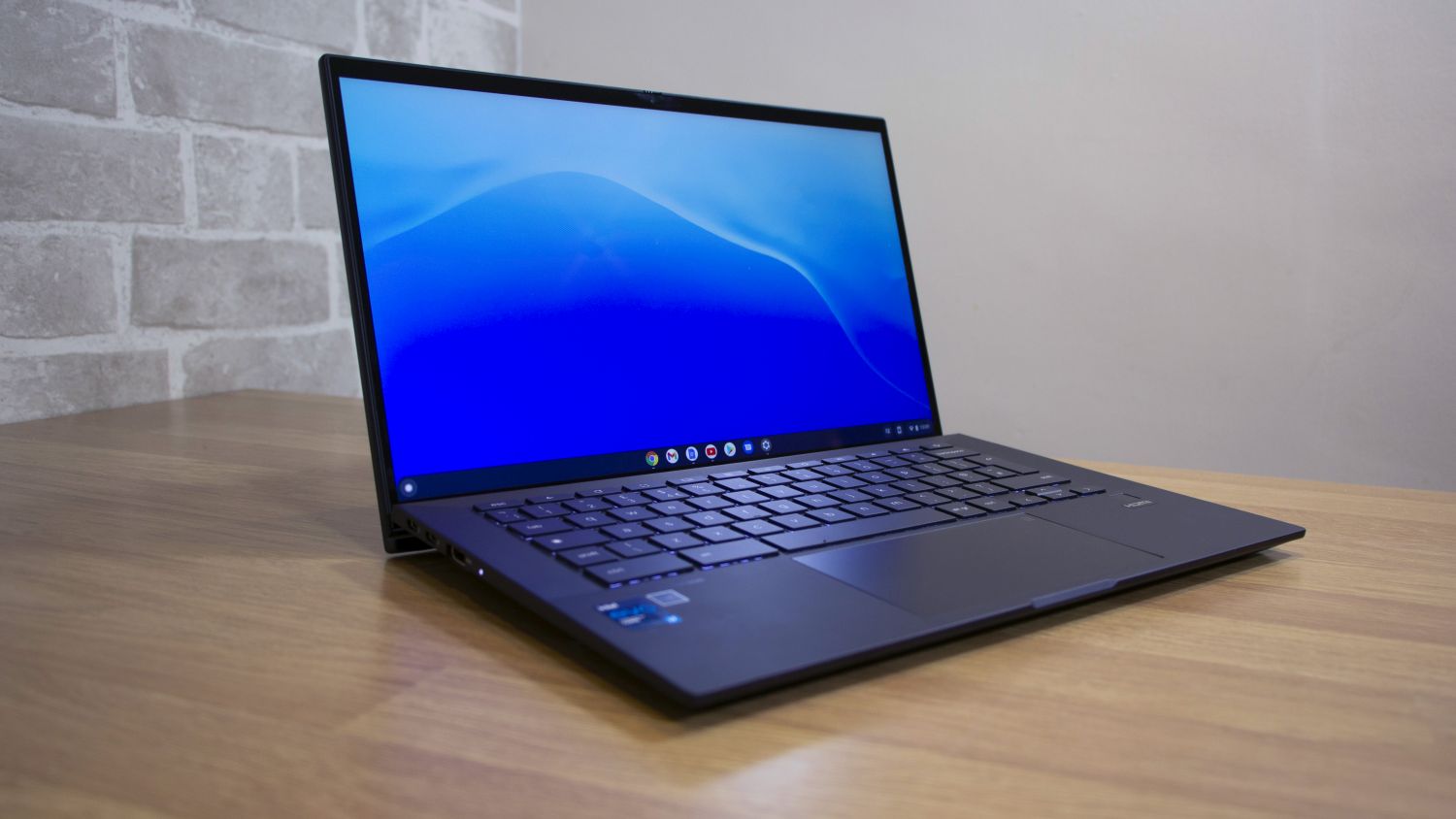Google trumps Mozilla with opt-out feature
Mozilla may have proposed an opt-out feature, but Google has made one available already.


Google has beaten Mozilla to introduce a feature into the Chrome browser letting users opt-out of ad tracking cookies.
The announcement follows calls from the Federal Trade Commission for a Do Not Track' add-on something Mozilla announced it was working on yesterday.
Mozilla had not revealed a date for when such a feature would be included in its Firefox browser, but Google made its Keep My Opt-Outs tool available for Chrome yesterday evening.
Whilst there are already ways to opt-out of such tracking, Google said there have been some technical challenges with them.
"If you clear your browser's cookies, all customized settings - including these opt-outs - are lost."
"Another challenge is that sometimes new companies offer opt-outs, so you'd have to check frequently to make sure you're opted out of what you want," a Google blog post read.
Mozilla had also spoken of attempting to make its proposed feature standardised across the browser industry, but Google said it is working to make the feature available for other browsers as well.
Get the ITPro daily newsletter
Sign up today and you will receive a free copy of our Future Focus 2025 report - the leading guidance on AI, cybersecurity and other IT challenges as per 700+ senior executives
"We've also decided to make the code for this extension available on an open-source basis, so that other developers can let us know if there's a bug, or even extend the code's capabilities if they want to," Google said.
"We're excited by the speed of innovation in online privacy and look forward to seeing future developments."
However, for those who want to permanently opt out of ad tracking, they will only be able to do so from those companies offering opt-outs through industry self-regulation programmes.
There are more than 50 companies that are members offering opt outs through these initiatives, Google said, including the top 15 largest ad networks in the US.
Tom Brewster is currently an associate editor at Forbes and an award-winning journalist who covers cyber security, surveillance, and privacy. Starting his career at ITPro as a staff writer and working up to a senior staff writer role, Tom has been covering the tech industry for more than ten years and is considered one of the leading journalists in his specialism.
He is a proud alum of the University of Sheffield where he secured an undergraduate degree in English Literature before undertaking a certification from General Assembly in web development.
-
 Bigger salaries, more burnout: Is the CISO role in crisis?
Bigger salaries, more burnout: Is the CISO role in crisis?In-depth CISOs are more stressed than ever before – but why is this and what can be done?
By Kate O'Flaherty Published
-
 Cheap cyber crime kits can be bought on the dark web for less than $25
Cheap cyber crime kits can be bought on the dark web for less than $25News Research from NordVPN shows phishing kits are now widely available on the dark web and via messaging apps like Telegram, and are often selling for less than $25.
By Emma Woollacott Published
-
 Spanish spyware outfit uncovered, develops exploits for Windows, Chrome, and Firefox
Spanish spyware outfit uncovered, develops exploits for Windows, Chrome, and FirefoxNews Google was only able to discover the company after an anonymous submission was made to its Chrome bug reporting programme
By Zach Marzouk Published
-
 Google adds new security vendor plugins for Chrome, improved Chrome OS policy controls for IT admins
Google adds new security vendor plugins for Chrome, improved Chrome OS policy controls for IT adminsNews New integrations across various security pillars aim to improve Chrome OS and Chrome browser security for enterprise customers
By Connor Jones Published
-
 Google patches second Chrome browser zero-day of 2022
Google patches second Chrome browser zero-day of 2022News Google acted quickly to secure against the type confusion vulnerability that was under active exploitation
By Connor Jones Published
-

 Acer Chromebook Spin 513 review: Cheap and mostly cheerful
Acer Chromebook Spin 513 review: Cheap and mostly cheerfulReviews An affordable Chromebook convertible with good looks but mediocre performance
By Mike Jennings Published
-
 Google says Chrome is now faster than Safari on Apple Silicon
Google says Chrome is now faster than Safari on Apple SiliconNews According to Apple's own benchmarks, Chrome 99 scored the highest out of any browser ever tested
By Connor Jones Published
-
 Google Chrome update fixes zero-day under active exploitation
Google Chrome update fixes zero-day under active exploitationNews Google releases a fresh wave of patches for severe vulnerabilities that could facilitate code execution and system takeover via Google Chrome
By Connor Jones Published
-

 Asus Chromebook CX9 (CX9400CE) review: The most stylish Chromebook on the market
Asus Chromebook CX9 (CX9400CE) review: The most stylish Chromebook on the marketReviews A sleek, expensive Chromebook that tries to bring professional style to Google’s OS
By Mike Jennings Published
-
 Firefox 95 boosts protection against zero-day attacks
Firefox 95 boosts protection against zero-day attacksNews Mozilla's browser now takes a more granular approach to walling off code
By Danny Bradbury Published